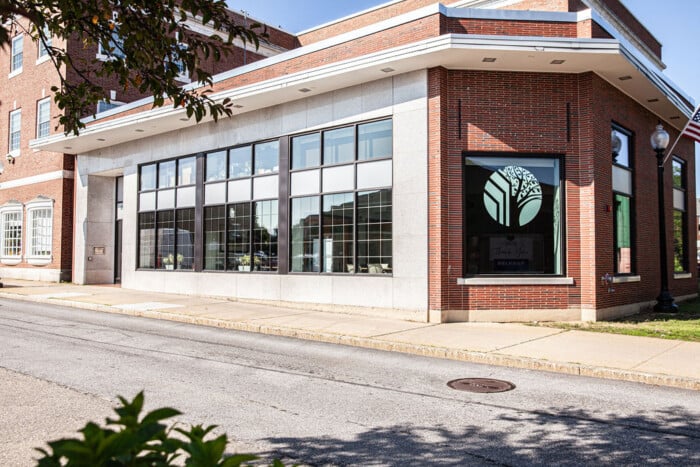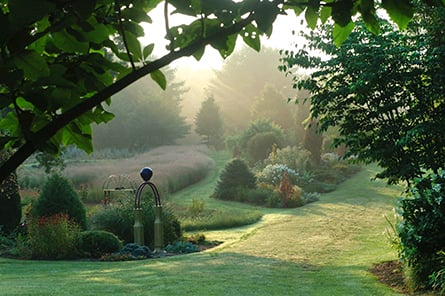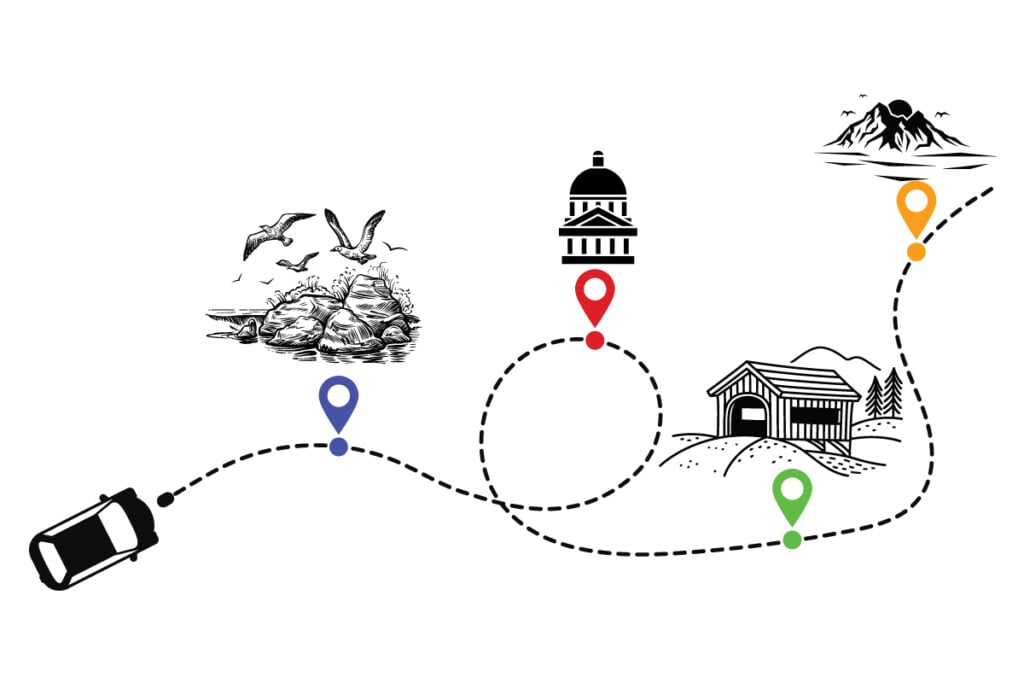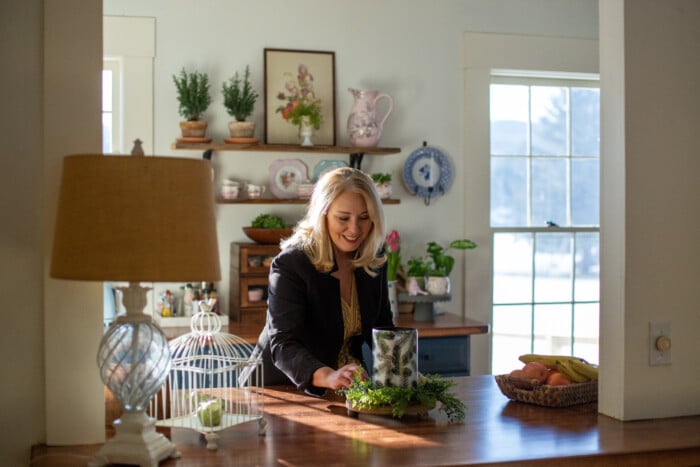Health and Wellness Advice for Adults 40-60
Moderation and purpose — fortifying resilience for self and others
Middle age can present challenges. Our 40s and 50s are a time where most of us are pushing hard to be highly productive. In addition to devoting ourselves to professional success, we are often multitasking, raising children, caring for parents, advising peers and hopefully still prioritizing self. Addressing the needs of multiple generations can add to an already full plate. In addition, this period of time is often where the first signs of aging are experienced.
The top cause of death for those 40-60 years old is cancer, with heart disease as No. 2 and unintentional injury No. 3. Past efforts to promote emotional health, physical health and safety, like wearing sunscreen, pay off as they prevent the most common of all cancers: skin cancer. Adherence to additional recommendations on occupational, spiritual and environmental health further minimize risk.
These “hardworking” decades provide some a great sense of achievement; for others it can be a continued time of stress. At its best, this time period is a personal and professional ride of success, resulting in strong relationships and personal confidence and growth. At its worse, the ride is bumpy, leaving a trail of frustration, dissatisfaction and isolation.
A major 21st-century risk to success is getting lost in the desire for more. More money, more titles, more accomplishment, more stuff, more, more, more. Balance in these decades is critical. The pace of society today can often seem like a tsunami, leaving many in its wake feeling overwhelmed and inadequate. FOMO (fear of missing out) is pervasive, as we often hesitate to say “no” to anything. An invite is not a mandate and setting limits is a stabilizing force. Consider JOMO (joy of missing out), an alternative described by one of my students as pleasure attained with declining invitations. We only get 24/7; saying “no” to even one option means more time for replenishing and recharging.
To help assess what you may need to improve, after reading each category —occupational, spiritual and environmental well-being — ask yourself these three questions:
What behavior(s) above am I doing well?
What behavior(s) need improvement?
What behavior(s) might I consider changing to improve my physical health?
Occupational Well-being
- Have a career consistent with my personal interests, values and strengths?
- Make choices that foster professional and personal growth?
- Set boundaries on my work time?
- Utilize my allotted vacation time annually?
- Permit mini-vacations daily by taking breaks?
- Unplug from work when on personal or family time?
- Say “no” when appropriate?
- Advocate for myself?
- Seek advice on saving for future retirement?
- Track my spending to stay within a budget?
- Prioritize “need” vs. “want” when making purchases?
- Invest in health and other insurance?
- Recognize I can do anything but not everything?
Moderation sustains us. Keeping life balanced early on will pay off in our senior years. Allowing time to slow down and do less often results in achieving more. Remember, “you can do anything but not everything.”
The role of caregiver during this “hardworking” stage adds demands as well as rewards. For those working full time, raising a family and committed to self-care, supporting elderly parents can be exhausting; it can also add richness to one’s life. Family life health is another area universally valued. Reflecting on what brings meaning to our lives permits us to say “no” to nonpriorities and leaves more time to say “yes” to those we love.
Spiritual Well-being
Spiritual well-being is a commitment to personal values, mission and vision and to prioritizing that which provides purpose in our lives. Spend time reflecting on the following: “Do I …”
- Spend time alone in meditation, prayer or reflection to know my authentic self?
- Reflect on my moral compass, and maintain personal integrity even when others don’t?
- Reflect on what is important to me (my values)?
- Know what gives me meaning (my mission)?
- Consider what future I am committed to (my vision)?
- Make decisions consistent with my values, mission and vision?
- Believe in something greater than myself?
- Have a spiritual connection or community?
- Volunteer time to community service?
- Remain open to learning from those with different cultures and backgrounds?
- Practice gratitude and appreciation for myself and others? Health?
Additionally, 40-60 is the age when most of us experience the first signs of aging: knee pain, back pain, stiffness, declining vision and elevated weight, blood sugar, blood pressure or cholesterol levels. Aches and pains serve as reminders of our mortality, and abnormal tests as motivators to change our behaviors. If we previously never watched what we ate or our level of activity, we might be surprised to see growth on the scale or the need for larger-size clothing. Our 50th birthday is often associated with healthcare screening, including a first colonoscopy or mammogram. This age is a chance for all to reassess and optimize the environment in which they live, work and play. For some, this is a time to begin healthy habits; for others a time to undo unhealthy habits, for those on-track, an opportunity to enjoy and serve as a role model.
Environmental Well-being
Environmental well-being: commitment to cultivating a healthy internal and external world, one where healthy individuals contribute to healthy communities. Consider your role in creating a culture of wellness and your relationship to the natural world and explore the following: “Do I …”
- Create a healthy environment at home and at work by focusing on the positive?
- Role model healthy habits?
- Support others along their journey to well-being?
- Avoid shaming myself or others?
- Appreciate nature and my place within the natural world?
- Go outside daily?
- Maintain a safe, clutter-free and clean living and working space?
- Work to ensure the stability and longevity of our natural resources?
- Stay conscious of my carbon footprint and reduce unnecessary waste?
- Walk/bike when possible?
- Actively turn off lights not being used?
- Recycle and repurpose items I no longer need?













